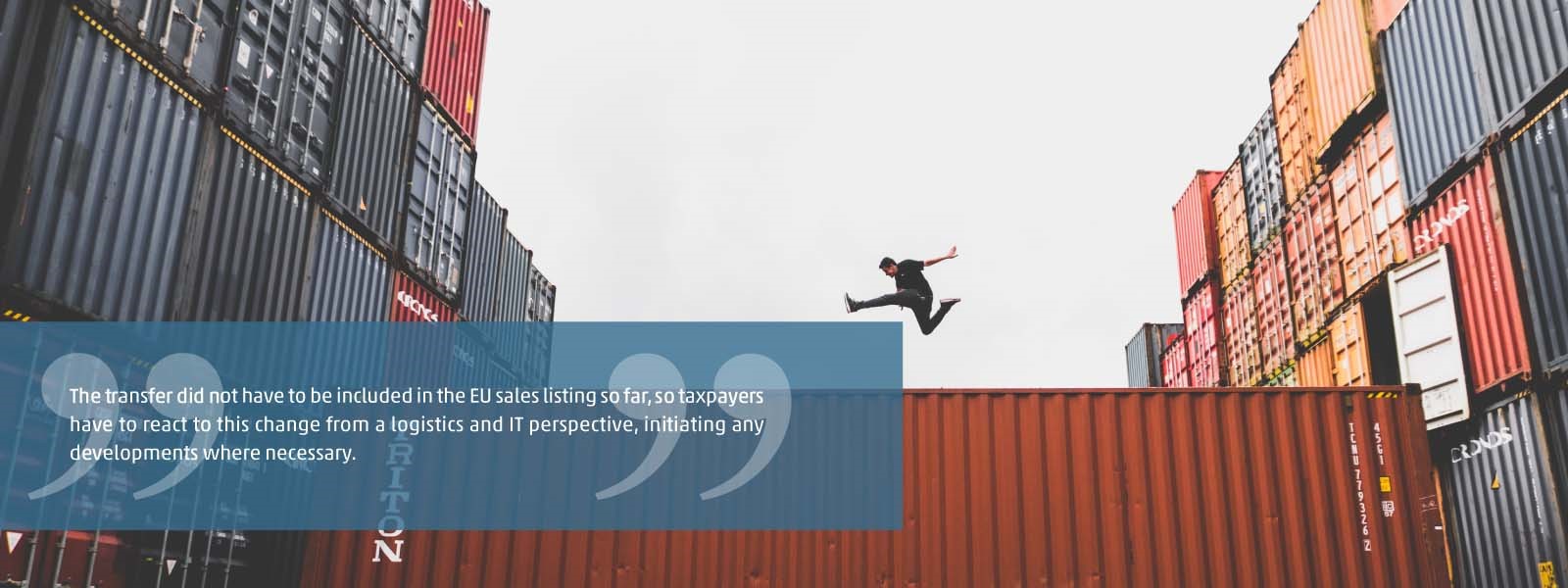We are now used to the Hungarian tax system changing from year to year. Sometimes the national rules need to be changed to comply with European Union regulations, but policymakers sometimes initiate changes for other reasons as well of course. This is no different for the call-off stock rules in the system of value added tax. In my article below I review the latest changes to the call-off stock rules.
What is call-off stock?
Based on the existing concept, a foreign taxpayer was able to transfer goods into another Member State without requesting a tax number in that country. Accordingly, (under certain conditions) the goods were transferred to the warehouse of the future customer in another Member State, and an invoice – on a Community supply – was only issued once the individual products were used (called off).
There were a few conditions attached to the call-off stock simplification rule, and these are now changing somewhat.
What is changing?
As we saw in the summer tax law amendments, the call-off stock rules will be tighter as regards applying the simplification rule. Most important changes:
- 12-month rule: the customer has to call off the goods within one year of delivery;
- Notification of transfer: from 2020 the transfer must be included in the EU sales listing;
- Customer: at the time of the transfer, the seller must know who the customer is and what their tax number is.
These changes to the call-off stock rules shall take effect from 1 January 2020. Attention has to be paid to transitional provisions as well, especially with regard to existing call-off stock.
How to prepare for the changes in call-off stock rules in Hungary
In connection with the introduction of the 12-month rule it is worthwhile examining the contracts currently in force, and the turnover of call-off stock in warehouses at existing partners. If there is a business partner where the stock turnover is slower than 12 months, either the situation has to be regulated from a tax perspective, or the business model needs to be re-designed in consultation with partners.
What is not yet exactly clear is how the tax authority envisages the notification of the transfer in the EU sales listing, but there will in all likelihood be some change in the structure of the A60 form. The transfer did not have to be included in the EU sales listing so far (the notification was only required at the time of the call-off), so taxpayers have to react to this change from a logistics and IT perspective, initiating any developments where necessary.
The customer and their tax number were already known to sellers in the majority of cases. It will be important to have even more precise and thorough documentation in the future: if the tax authority decides to inspect a taxpayer, then unambiguous evidence must be provided that this information was always available at the time of the transfer.
What other detailed rules should you look out for?
What happens if you cannot comply with the call-off stock rules?
If you are unable to fulfil all the conditions of the call-off stock rules, then as a taxpayer you cannot apply the call-off stock simplification rule. In this case, the legal effect associated with an intra-Community transaction prevails, which means we have an intra-Community transaction (similarly to a traditional intra-Community supply). Consequently, a tax number must be requested in the target country, and there will presumably be a notification obligation too (EU sales listing).
How to treat destroyed or stolen goods?
It can happen that goods are destroyed in transit, or perhaps there is a fire at the customer’s warehouse, or the goods stored in the warehouse simply disappear without a trace. In this case, it is important to note from a call-off stock perspective that when the goods are destroyed or the theft is detected, the rules for call-off stock simplification are no longer met, so at this time the transfer of goods for call-off stock qualifies as an intra-Community transaction. Consequently, a tax number has to be requested as well, and the competent authorities in both countries must be notified of the movement of goods.
What if the customer does not call off the goods, but someone else would buy them?
This is possible, under certain conditions. We need to keep an eye on the 12 month rule, the new customer needs to meet general requirements of the customers, and we need to modify our notification on the transfer.
If your foreign company is a supplier of a Hungarian partner and is considering having stock in Hungary, it is advisable to take a look at the tax planning options related to call-off stock. Feel free to contact us and our experts will gladly help you understand the rules related to call-off stock.











